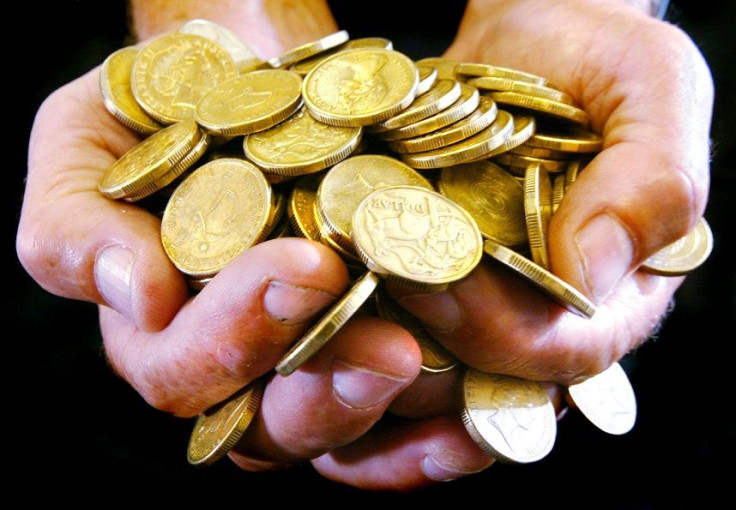Donald Trump can change global trade landscape, force Australia to choose between US and China

US President Donald Trump coming into power could change the landscape of global trade, according to Michael Every, head of financial markets Asia Pacific for Rabobank at the Australian Bureau of Agricultural and Resource Economics and Sciences (Abares) Outlook. This could effectively divide the world into blocs in terms of trading currencies – and, in turn, force Australia to choose between the United States and China.
The world is heavily dependent on the US currency for trade. Trump’s election could alter the dynamics of the trading world. “If the US doesn’t run a huge trade deficit, the world trade system as we understand it today breaks down.” he said, adding any attempts to “ride Trump out” will be immensely difficult.
“Free trade as we understand it is under extreme pressure,” he told the Guardian Australia. “If the US doesn’t run a huge trade deficit, the world trade system as we understand it today breaks down.”
Australia shares cultural ties with the United States and economic ties with Asia, Every added. If Australia chooses to trade with Asia based on Chinese currency, it can lead to possible political consequences. Should the current political landscape persist, it will be inconceivable for Australia to bow out without making a choice between the two countries at some point of time.
“The historical lesson is that world trade has fractured before – and we must recall that Australia is propped up under Chinese demand ... under a US security umbrella,” he said.
Australian farmers and exporters could face high fluctuations in the exchange rate. In certain situations, Every said, there could be a higher US dollar value and lower Australian dollar value by a margin of up to 15 percent. Furthermore, Asian currencies may sustain a heavier slump. “The historical lesson is that world trade has fractured before – and we must recall that Australia is propped up under Chinese demand ... under a US security umbrella,” he said.
Every called for policymakers to have a more realistic approach. “Australia is a naturally large food exporter and there is still naturally large food demand but the issue is going to be by what route is food going to get there,” he said.






